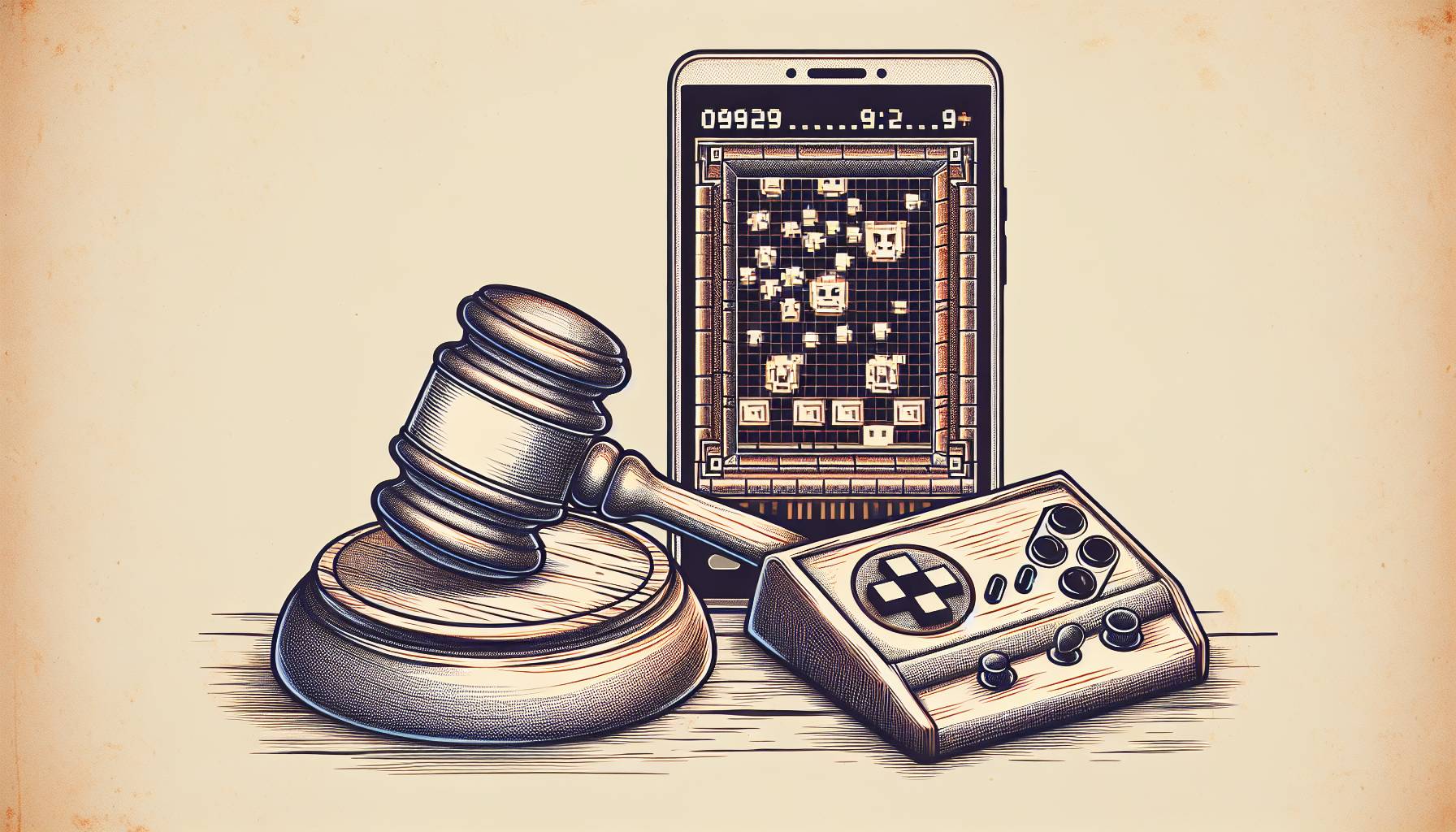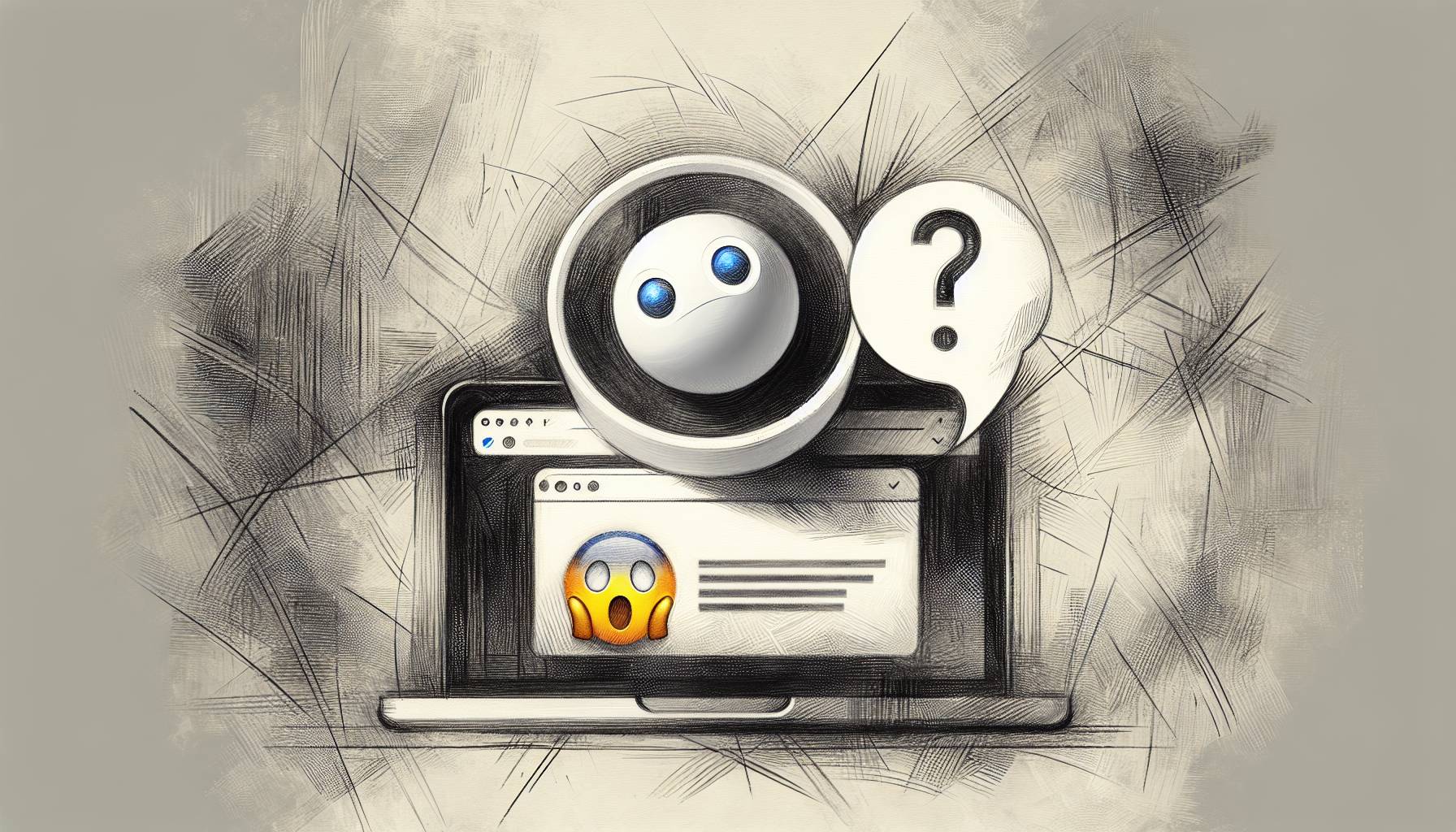Microsoft’s marketing and development costs could reach $1 billion as it pushes its new mobile platform. Also, the more you use your smartphone, the more damage you may cause to your brain.
Emptying deep pocketsWhile Apple wows us with design, and Google panders to the open-source set, Microsoft plans to push its new mobile operating system onto the masses and developers with a familiar tactic: cash.
According to TechCrunch, Microsoft is planning an aggressive and expensive campaign to push Windows 7 — arriving on phones this fall — to give the platform some leverage as it battles Apple and Google’s Android for customers. Microsoft “could spend a half-billion dollars or more in marketing costs and payments to developers and handset manufacturers to subsidize the expense of building phones and apps, so that the Windows Phone 7 ecosystem is well-seeded at launch,” writes Kim-Mai Cutler in a TechCrunch guest post.
Those costs could reach $1 billion, the story notes, with half spent on marketing and half for other development costs.
“We have a long-term view and Microsoft has been in this position before in other businesses where we’ve had to take a long-term view,” said Microsoft senior product manager Greg Sullivan. He would not comment on the estimates. “The mobile phone market is growing by leaps and bounds, but it’s still in the early stages.”
The story details troubles Microsoft may be having with hardware manufactures for the Windows 7 phones. Only HTC, LG and Samsung will offer Windows 7 phones, down from as many as eight partners when Microsoft started discussing the operating system earlier this year. Yet despite Microsoft’s noted phone problems over the years and even this year — remember the Kin line-up of phones? — all that money might buy some love.
Here’s how Cutler concludes her fine piece: “The $100 million (Deutsche Bank analyst Jonathan) Goldberg estimates that Verizon, Motorola and Google collectively spent on marketing helped turn the Droid line of phones into a serious stable of competitors against the iPhone.”
Will it work? One has to believe that Microsoft freed a lot of marketing dollars when it yanked the Kin from the market. We shall see, but it is wise to go after the developers who can create a boatload of apps. Without apps, Microsoft will start looking more like Research in Motion, where sales are falling fast because BlackBerry phones are not offering anything close to the sizable app library that Apple and Android have built.
Brain failAs much as we love our phones, there is growing concern that our need to constantly check email or play a casual game while waiting in line for lunch is not allowing our brains to breathe, so to speak. Therefore, we may be negatively impacting our ability to “learn and remember information, or come up with new ideas,” according to a recent piece in the New York Times.
That piece was the latest installment of a fascinating series titled “Your Brain on Computers.” In this one, reporter Matt Richtel points to emerging research that “even though people feel entertained, even relaxed, when they multitask while exercising, or pass a moment at the bus stop by catching a quick video clip, they might be taxing their brains, scientists say. ‘People think they’re refreshing themselves, but they’re fatiguing themselves,’ said Marc Berman, a University of Michigan neuroscientist.”
The story is fascinating, but I may have overlooked the piece had I not heard Richtel, a Pulitzer Prize winner, talking to Terry Gross on the PBS show Fresh Air. Richtel spoke of all the emerging research surrounding our constant need for communicating with technology and the side effects that result. Not all of those are bad, he pointed out, but there appears to be unintended consequences we are just now starting to understand.
Listen to thisIronically, that Fresh Air interview reminded me of one of my favorite Android Apps: Google’s Listen. With Listen, you can search for Fresh Air and a list of recent episodes will pop up on your phone. You can then listen to the program as well as subscribe to a feed for new episodes of the show. Basically, Listen searches the web for audio content, much like a Google search scours websites for relevant information.
So, if you’re looking for something to do and sitting out in your backyard and just thinking is not your thing, use Listen to dial in the segment with Richtel. You might want to put the phone down for a bit when you’re done.












